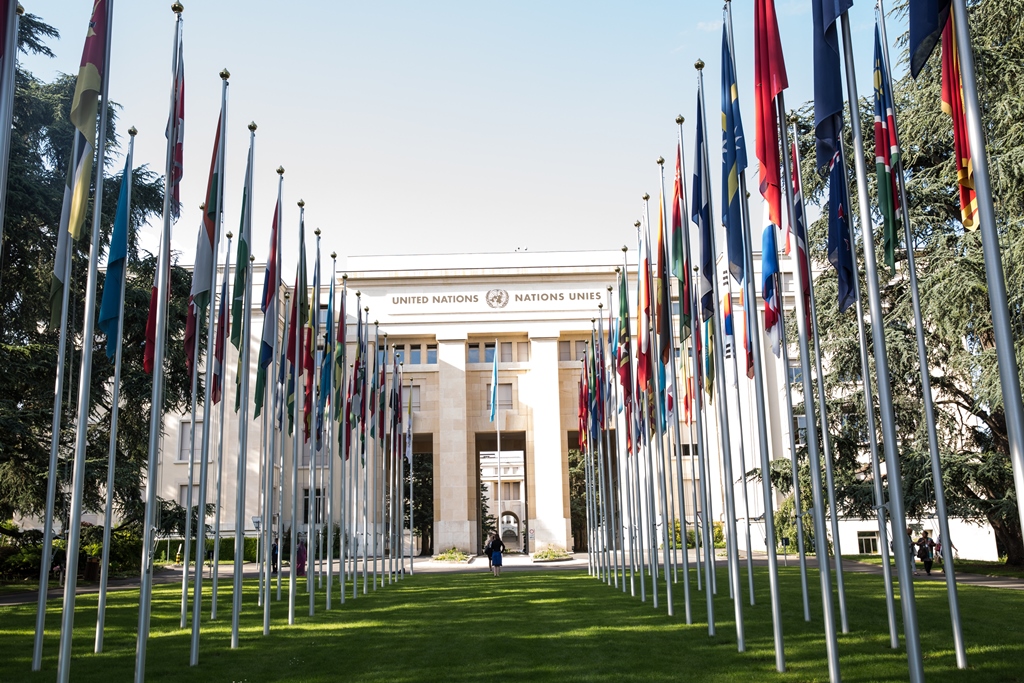Would the international community end its engagement with Sri Lanka on the Tamil question after March 2017, when the United Nations High Commissioner for Human Rights is scheduled to present a comprehensive report before the U.N. Human Rights Council (UNHRC)?
Hinting that this could happen, Rajitha Senaratne, Cabinet spokesperson, told The Hindu on Sunday evening that the international community was aware that “the country is moving towards the correct direction, giving rights to minorities.” The attitude of the international community had changed over the years for better.
“Govt. settling their problems”
Claiming that the minorities had placed faith in the present government, which was “working towards reconciliation and settling their problems,” Dr. Senaratne wondered “why the international community should be bothered about Sri Lanka when there are no problems?”
Giving an account of his recent meeting with a member of the Central government’s task force, Northern Province Chief Minister C.V. Wigneswaran, earlier in the day in Jaffna, said what he understood was that once the government informed the UNHRC in Geneva in March next year that political settlement of the Tamil question was in the offing, the international community would not bother itself about Sri Lanka.
‘It can rescue itself from accountability’
“The information furnished by him [the member of the task force] is that by doing this, Sri Lanka can rescue itself from the issue of accountability,” Mr. Wigneswaran said.
However, Dinesh Gunewardena, leader of the Mahajana Eksath Perumana (MEP) and one of the prominent faces of the Joint Opposition, which supports former President Mahinda Rajapaksa, does not believe that the international community’s engagement will stop in a matter of months. “It is making use of the Tamil question for handling other issues such as those of regional security. Their [international community] pressure will not get eased.”
There are others who have the same view. But, the reasons are different.
‘Global community should involve’
C.V. K. Sivagnanam, chairperson of the Northern Provincial Council, points out that “the approach, methodology and rules of the game” of the international community will change. The pressure of the diaspora will also be a factor. M.K. Shivajilingam, national organiser of the Tamil Eelam Liberation Organisation (TELO) and considered a hardliner among the Tamil National Alliance (TNA), says the international community is duty-bound to carry on its involvement for working out a political solution; bringing about justice and ensuring reconciliation.
Jehan Perera, executive director of the National Peace Council and a law alumnus of the Harvard University, feels the pressure from outside will only compel the government to move towards issues concerning the ascertainment of truth, accountability and reparations. In view of the “permanent asymmetry” between the country’s ethnic majority and an ethnic minority community, Tamils can be ignored by the government as they do not have the power within the country to sustain the government’s focus on their problems. Dr. Perera says that at present, the government is addressing only constitutional reforms, which come under non-recurrence of the past, one of the four pillars of reconciliation.
The Hindu
